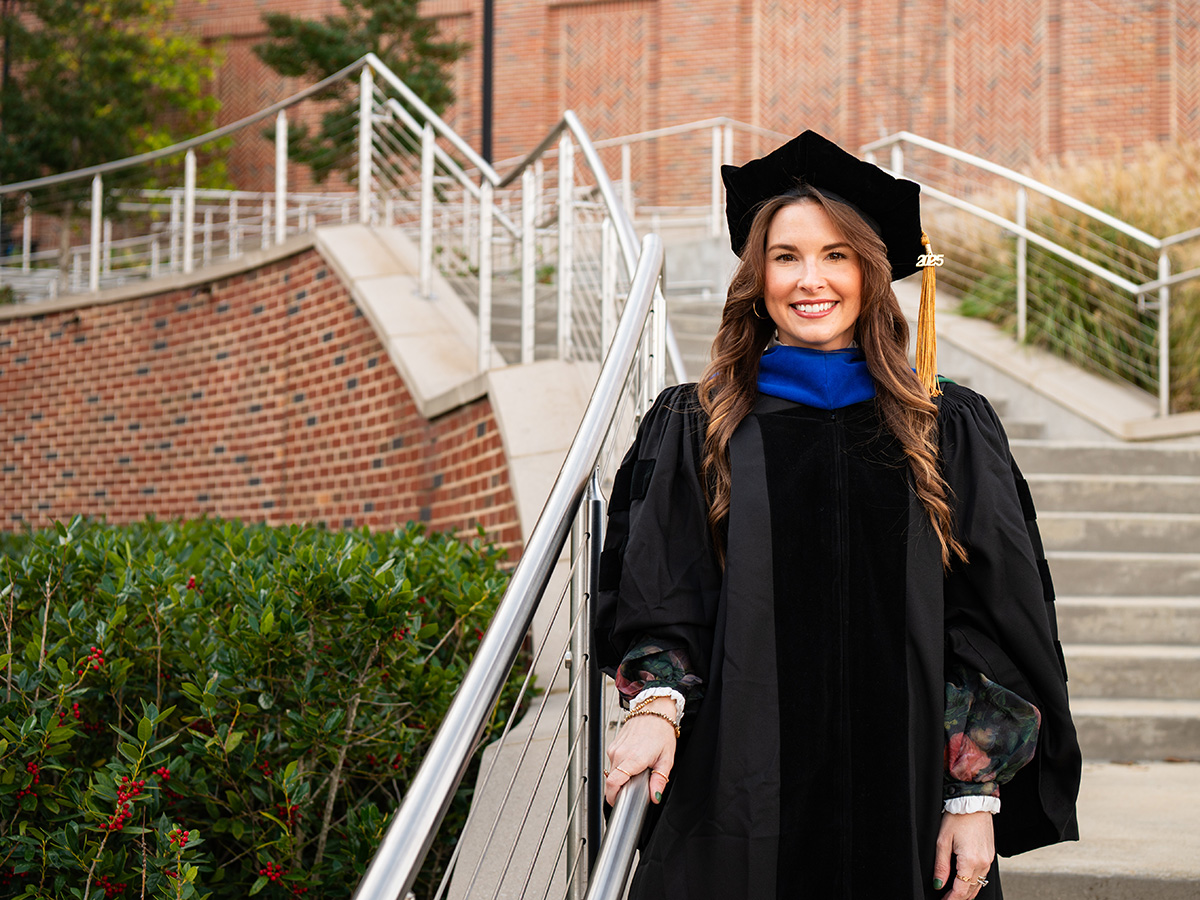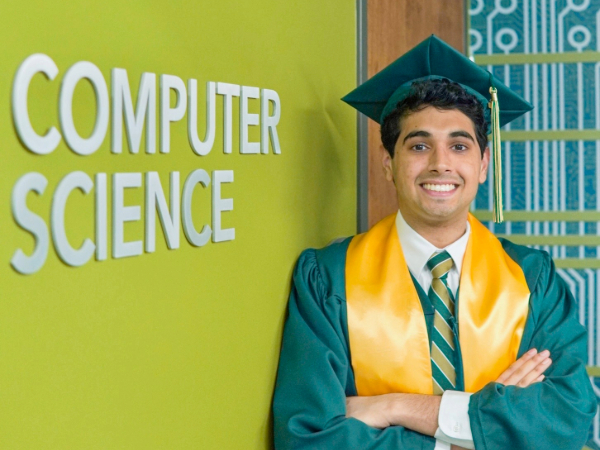 Marshall Abrams, Ph.D., associate professor in the University of Alabama at Birmingham’s Department of Philosophy, teaches about and conducts research on philosophy of science. The College of Arts and Sciences recently sat down with Abrams to discuss philosophy of science, his courses, and his 2023 book titled Evolution and the Machinery of Chance: Philosophy, Probability, and Scientific Practice in Biology.
Marshall Abrams, Ph.D., associate professor in the University of Alabama at Birmingham’s Department of Philosophy, teaches about and conducts research on philosophy of science. The College of Arts and Sciences recently sat down with Abrams to discuss philosophy of science, his courses, and his 2023 book titled Evolution and the Machinery of Chance: Philosophy, Probability, and Scientific Practice in Biology.
CAS: Your research is focused on philosophy of science. Can you explain philosophy of science? Are there benefits to conducting this research at a science- and health-focused institution like UAB?
Abrams: Some people think everything science tells us is true; others think that it's rarely trustworthy. Neither is correct. Philosophers of science want to know what it is about scientific reasoning and practices that justifies scientific conclusions, and why science sometimes leads to mistaken views. We also want to know what science implies about the fundamental nature of reality. Scientific models raise fascinating issues. For example, some phenomena are so complex that the only way to get insight into the truth is by making simplifying assumptions that are false.
It's been great to work on philosophy of science at UAB. For example, I’ve collaborated with scientists on a scientific project about the evolution of obesity and diabetes; this led to philosophical insights that have been central to my research. And I benefit from UAB's computing cluster when I write computer simulations that need advanced computing power to explore issues in philosophy of science.
CAS: Tell us a bit about the courses you've taught at UAB over the years. What are some of the subjects you've explored with your students?
Abrams: I love teaching courses on philosophy of biology, general philosophy of science, mind and artificial intelligence (AI), and chance and life. I want to help students think about deep questions they might not have even realized were questions when they begin a course. For example, in “Philosophy of Biology”—philosophy of science applied to biology—we’ve explored whether evolution must make animals selfish (including us), what roles different gene concepts play in different parts of science, what life is, and why might it or might not make sense to think of viruses as alive. Since our survival depends on many of the microbes that inhabit our bodies, are we human-microbe hybrids? In my courses on mind and AI, we ask what is necessary for something to think or to have consciousness. What is going on when a human has a poetic insight? Is that something a computer could do?
CAS: Can you briefly summarize the key findings in your new book Evolution and the Machinery of Chance: Philosophy, Probability, and Scientific Practice in Biology? For those who aren't familiar with fitness concepts, can you talk a bit about why they matter?
Abrams: My book aims to give philosophers of science and philosophically oriented scientists a way of thinking about natural selection that resolves puzzles about chance and causation in evolution, in a way that reflects how research on natural selection is actually done.
Darwin endorsed the idea that natural selection is "the survival of the fittest." But if being the fittest means surviving longer or having more offspring, survival of the fittest is just the survival of what survives! So philosophers argued that biological fitness depends on the chances that an individual organism has for having various number of offspring. This treats an organism as analogous to the toss of a pair of dice, with numbers of offspring instead of numbers of spots. It implies that being "fittest" doesn't mean having the most offspring; it just means having a tendency to have more offspring.
However, this concept of fitness doesn't fit with the way that biologists actually study evolution. Biologists use other fitness concepts to measure particular organisms' effects, and to estimate a kind of fitness that is about more than particular, individual organisms. My book argues for a deeper understanding of natural selection by distinguishing between these fitness roles, and by treating an evolving population in its environment as what is analogous to dice tossing.
CAS: Who might enjoy reading this book? What might they gain from reading it?
Abrams: I hope anyone who reads this book gets new insights into what evolution by natural selection is, about ways to think about chance and causation in evolution, and about how the character of scientific practice can give insight into the nature of reality. In addition to topics mentioned above, there are chapters about the nature of chance in evolutionary processes, and about how to think about natural selection as a cause of evolution even when what counts as a population shifts depending on biologists' interests and resources.
The book gets into some complex ideas, but I tried to write it so it could be understood by any interested reader with a background in science, philosophy of science, or related areas. I start with background on a few ideas in philosophy, biology, and probability that some readers might not know about, and when I introduce new ideas later in the book, I explain what they mean.


